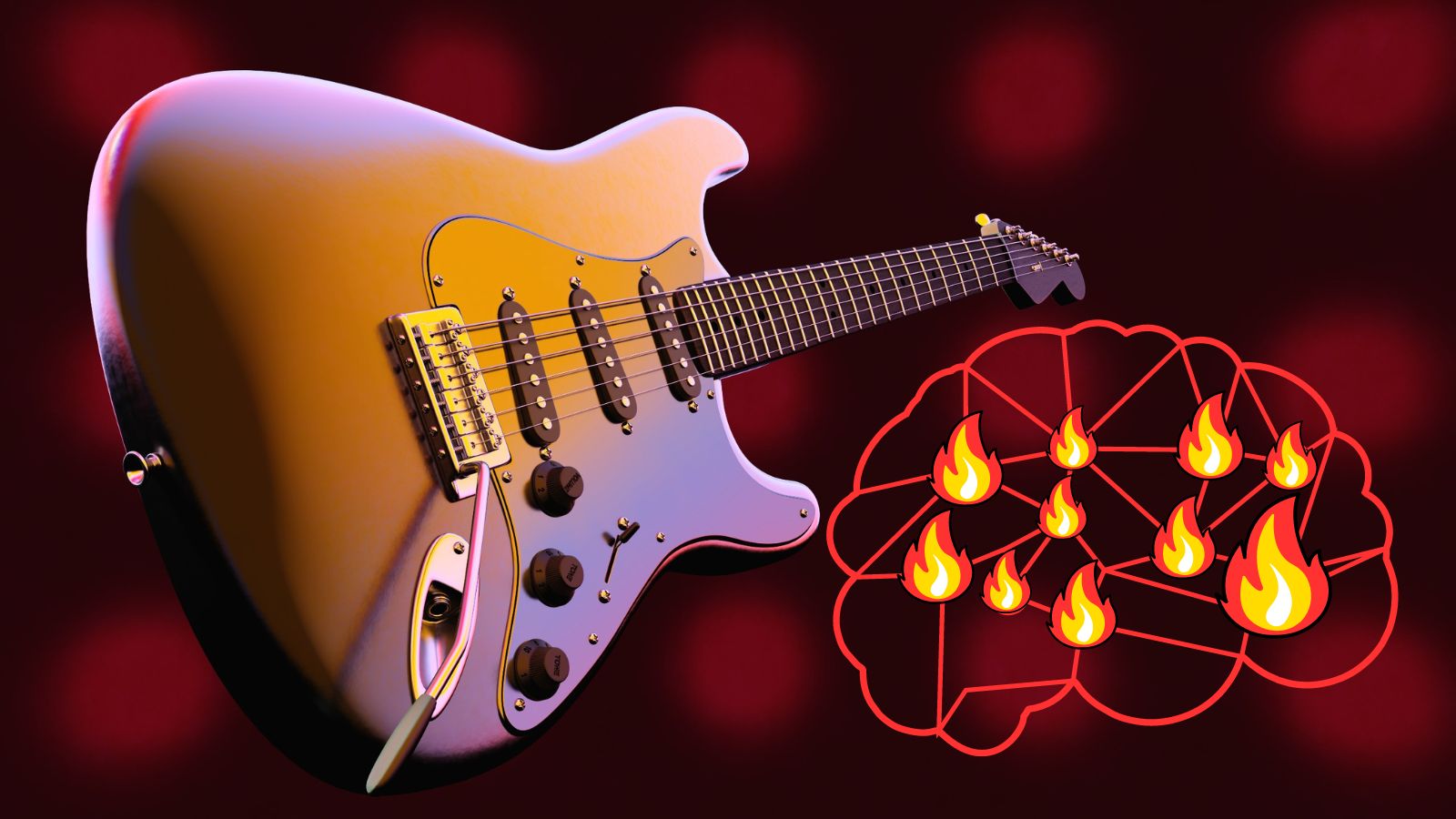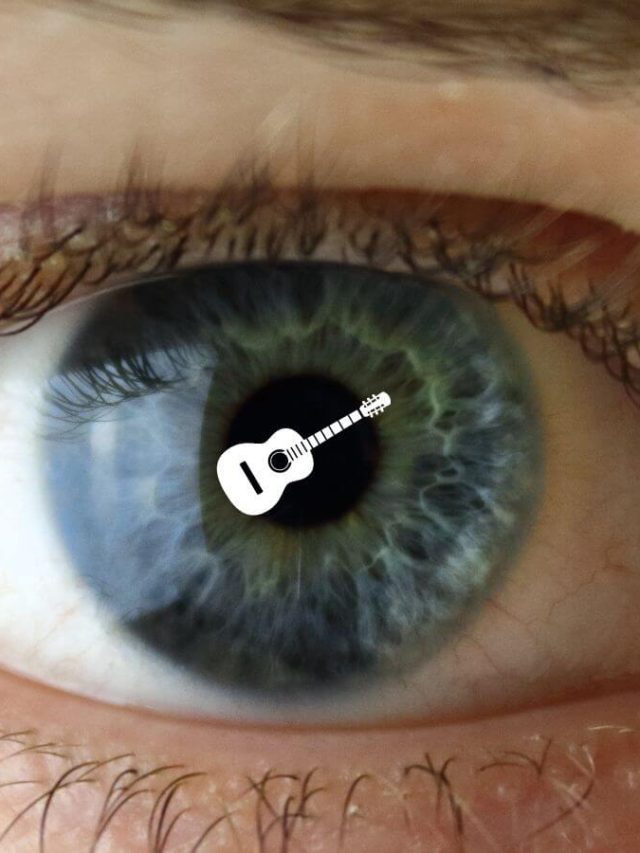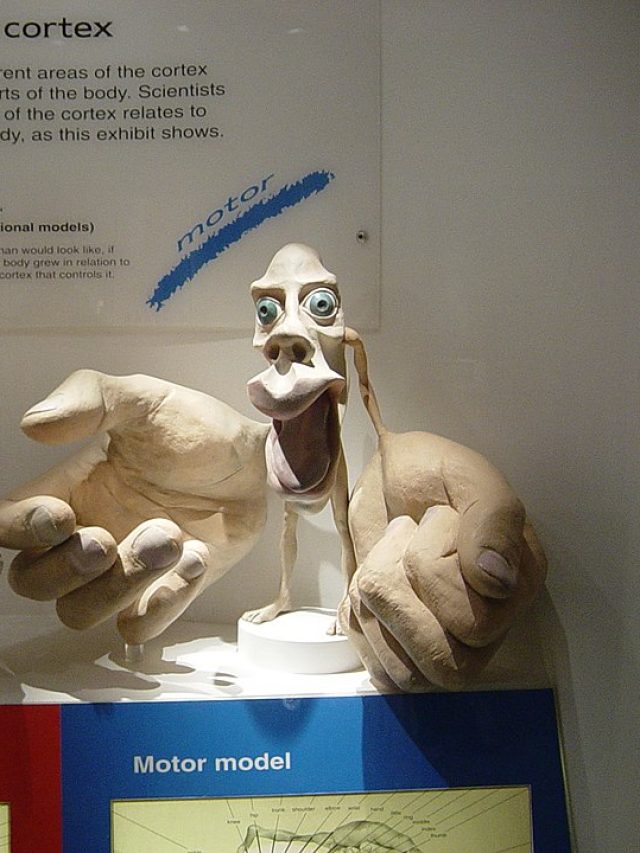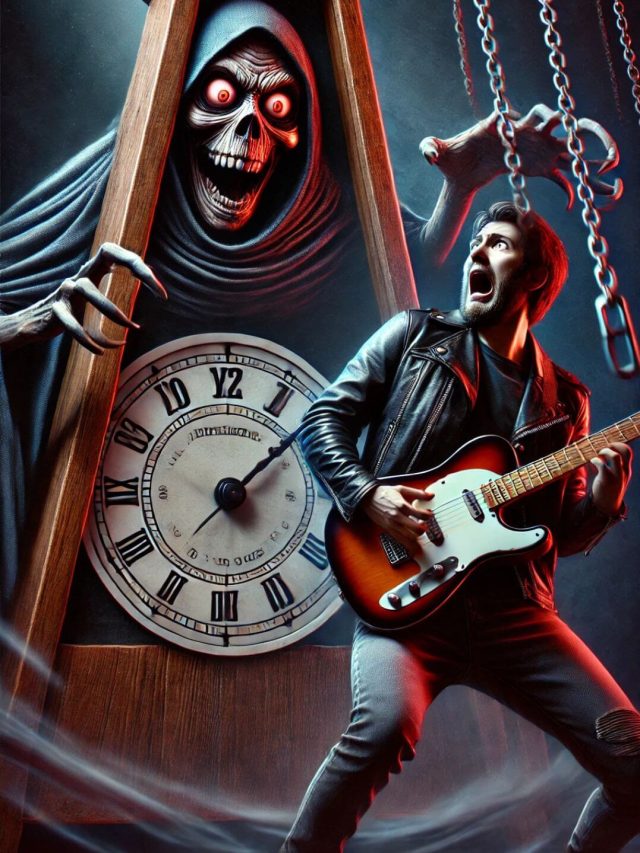Did you just watch Ichika Nito play a beautiful sequence on YouTube and realize you can just give up? For some people watching other pros is inspiring, for some it is demotivating. So I thought, how about we figure out a way to keep the motivation to practice high by employing practice behaviors that create a sense of reward and positive emotions, which trick your brain to want more practice.
Psychological principles that govern motivation
Positive reinforcement: This principle says behavior that is rewarded increases in frequency. If anything you play creates a sense of reward, it increases. These rewards are intrinsic and extrinsic. Intrinsic rewards are positive emotions and sense of achievement/progress. Extrinsic rewards are appreciation from others, money, and recording/gigs.
Variable reinforcement: Behavior (practice) increases the most when you experience rewards of varying intensities unexpectedly. While practicing, if you increase the variety in your practice, you get more opportunities to feel a sense of reward. Because of more opportunities, it is likely to be random based on what you practice and what you do with the guitar. So variety increases random rewards and that continues motivation.
Motivational crowding-out: Seeking external rewards like money or appreciation can undermine intrinsic motivation. So if you are motivated to play the guitar as a hobby and suddenly start thinking of teaching or earning money via shows and recordings, or getting more likes on YouTube or Instagram, your motivation can sometimes drop. So if you have recently found different reasons to practice, consider sticking to your original motivation.
Effort heuristic: We value something based on the effort it takes to do something. So if you put in the effort, you are likely to feel more motivated than when you don’t put in the effort. Practice and work hard toward your skill or rewards to increase how much you value your own practice.
18 behavioral tips to increase motivation to practice the guitar
- Learn cool-sounding tricks like Pinch harmonics, pick slides, hammer-on pull-offs, single-finger taps, etc., so you get instant gratification.
- Learn catchy parts and play them like you’ve made them. You’ll develop a sense of reward based on how you made something your own. The reward from this is 2-tiered: You learn a good part that is exciting to play and you like, and you modify it in ways that make you feel like a creative musician. This may help you unlock your unique style of playing too.
- Pose with a guitar, look good, and play something you know well. Posing like you are a pro (or the power stance), like Jack Black said in School of Rock, is a source of confidence. The brain listens to the body and derives confidence from it. This is popularly called fake-it-till-you-make-it and clinically called “acting as if”. When you take this position and play something you know, it creates confidence which is naturally motivating and a sense of success with positive emotions.
- Compare yourself to someone just above your skillset. If you are getting competitive, which can be highly motivating, aim to compare yourself with someone who is just slightly better than you. Seeking a challenge just beyond your current reach is inherently motivating. Become aware of the fact that you can outplay this person with just a little more practice.
- Get a rival. I’ve learned from pokemon, comics, movies, life experiences, academics, bands, etc., that healthy rivalry can really boost your abilities through passionate hard work. Get a rival and compete.
- Record yourself. Recording is tricky. First, it’s a skill in itself. You can be good at playing but bad at recording. If you record well, you gain confidence. Every recording session becomes a separate goal to improve your playing with the recording acting as your final reward. If you record poorly, use it as a learning opportunity and use your shortcomings as priority learning goals. This gives your motivation a clear target you can work on. When we procrastinate, making your goals concrete can help you visualize them and then begin practice. When you succeed at these, they become your sense of achievement and reward.
- Play small things and master them. Having a broad target can be demotivating because you pass global judgments like “i am a good guitarist or a bad guitarist.” You can counter this by having precise targets that force you to evaluate yourself on very specific skills. So when practicing, don’t choose overwhelming tasks. Choose conquerable tasks and master them in small bits.
- Track your progress. Tracking progress naturally gives you a big-picture point of view and separates your feelings from reality. When you track via recording or track the number of practice sessions, number of new things learned and practiced, etc., you see your improvement as reality even when your feelings say otherwise. Ignore the feelings, look at your progress.
- Try difficult things: analyze them, break them into smaller parts, and play them. If you’ve been in a rut, find something difficult to master and put in all the effort to figure it out. This increases the value you put on your own practice through the effort heuristic I mentioned earlier. At the end, you will have something exciting to achieve and a high sense of achievement.
- Play a known song along with the original audio. Your feelings can misguide you and your confidence might depend on testing yourself. So when you learn something, you can take joy in the fact you can play it with the original audio. That itself acts as a reward and verifies what you know – so confidence.
- Compose something and keep refining it. When you compose, you develop a psychological attachment to it because it is yours, it is a part of your identity and it is your creation. When you refine it, you are intrinsically motivated and there is no motivational crowding out – you are making music because you want to create it. And when you refine it, you see improvement through small steps. This creates random rewards (the variable reinforcement principle) and raises your motivation to continue.
- Watch better musicians. Go watch concerts. Take interest in other guitarists’ passion for playing. If there is one thing that is inspiring, it is a sense of community and empathy. When you connect with people through music and have positive emotions, you are excited and happy. Both these emotions create an “approach motivation” which is our motivation to approach a task rather than avoid it. Watching others also creates a healthy amount of wishful thinking that temporarily makes you imagine a better future as a musician. Use that imagination for your momentum and start practicing.
- Complete challenges like figuring out parts by ears, playing to a certain tempo, learning complicated licks, etc. A sense of achievement and a sense of potential progress is motivation, so learn through challenges with clear goals.
- Do what others think is a challenge (It is reassuring to know that others feel you have good abilities). Social validation is very reassuring and rewarding – when you are good at something that others find difficult, your self-image enhances and that becomes the source of motivation.
- Get a good tone. Nothing can be worse than a bad tone. If you sound bad, you aren’t going to enjoy what you play. A good guitar tone can make you sound great or crappy. Learn everything you can about guitar tones and get a good tone. The easiest things to try out first are: Change the pick, change the strings, use different amp and processor settings, use new effects while recording.
- Don’t play for too long if you are struggling to play something. Fatigued muscles and a tired brain is bad for learning and motivation, you need breaks for success. If you are finding something difficult, wait for a while (a few hours to 2-3 days, 1 night is perfect as the REM cycle during sleep helps learning automatically) before you attempt it again. You’ll have a higher success rate in playing difficult things and keep you motivated.
- End your practice sessions with something you can play perfectly or fail at miserably. Ending the practice with unsuccessful licks and chops can demotivate you if you have been trying them for a while. End on a positive note (pun not intended). If you are not finding this motivating, try something you can’t possibly demonstrate accurately. The brain shows a tendency called the Zeigarnik effect – incomplete tasks are remembered better and are in continuous processing till they are complete. So if you end your session with unfinished business, you are naturally motivated to return to practice to complete that task.
- Practice for 10-40 minutes at a time, not more. The brain is highly energetic in terms of deploying resources for up to 40 minutes, beyond which fatigue sets in and we lose focus. Take a break of a few minutes to restore your focus and return to practice. If you have defined work to do such as composing, learning parts to session gigs for someone else, practicing your band’s songs, learning new techniques, etc., set goals that can be achieved in up to 40 minutes and work on them. Always take sufficient gaps between practice sessions, even if you are a professional. We need healthy breaks, attention span is low and monotony is food for getting bored of practice.
If you are highly motivated and still can’t progress on the guitar, I highly recommend using these 6 neuroscience hacks to improve practice efficiency.










